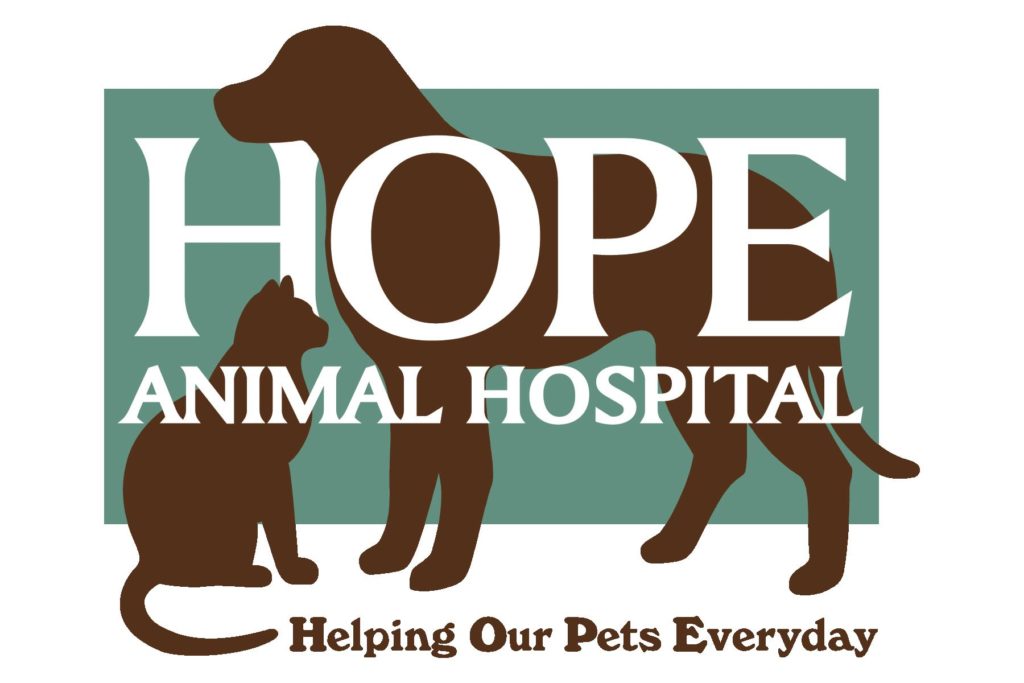Library
-
A caesarean section is a major surgery to help deliver puppies, usually performed in an emergency. After surgery, the dog may be sleepy but should be able to eat a high-quality diet and nurse puppies within a few hours. The dog should be monitored for fever, abnormal vulvar discharge, and abnormalities at the incision.
-
Pet owners may not realize that caffeine can be harmful to their pets. They also may not know that many foods and drinks in their cupboards contain caffeine. This particular chemical can be toxic for both cats and dogs.
-
Canine influenza is a relatively new, highly contagious virus that causes respiratory disease in dogs. It has been reported in all US states and some Canadian provinces. Clinical signs include coughing, runny nose, and fever. Definitive testing can be performed in the early stages of the disease. Vaccination is recommended for dogs at a higher risk of infection or morbidity. The virus is not spread to humans, but cats can become infected.
-
Cats and dogs can become intoxicated by cannabis in various ways, most commonly by eating edibles (e.g., baked goods, candies, chocolate bars, and chips containing cannabis), or by ingesting cannabis directly (in any form). Pets can also be exposed to second-hand smoke. A small amount may affect one pet more than another, so there is no official safe level of exposure. Many of the signs of intoxication are neurological, including disorientation, dilated pupils, and hyperactivity. In severe cases, tremors, seizures, and coma can result. Regardless of the method of exposure, accurate and complete information from the owner is imperative to treat the patient successfully.
-
Vaccines save lives and prevent disease but can have some mild common side effects. Other less common but more serious side effects can occur within minutes to hours after vaccination. These reactions are considered medical emergencies, and you should seek veterinary care immediately if you suspect your pet is having a more serious reaction.
-
Neutering in Dogs
La castración se ha de plantear siempre si va a mantener a su perro únicamente como mascota. Hay que tener en cuenta que los perros guía y los perros para sordos o minusválidos se castran de forma rutinaria. Es una intervención que tiene muchas ventajas y pocos inconvenientes.
-
Online shopping is convenient, but it’s important to be cautious about what you purchase online, especially when it comes to your pet's medications. Follow recommendations from your veterinary clinic and avoid any company that does not require a prescription from your veterinarian.
-
Brushing Your Dog's Teeth
¿Por qué debería cepillar los dientes a mi perro? Se estima que alrededor de 2/3 de los perros con una media de tres años tienen periodontitis, una inflamación o infección del tejido alrededor del diente. La enfermedad periodontal empieza con una gingivitis y progresa hasta afectar a la raíz del diente. Si no se trata a tiempo, la enfermedad periodontal puede llevar a una pérdida del diente.
-
Chocolate is toxic to dogs. While rarely fatal, chocolate ingestion often results in significant illness. Chocolate is toxic because it contains the alkaloid theobromine. Theobromine is like caffeine and is used medicinally as a diuretic, heart stimulant, blood vessel dilator, and muscle relaxant.
-
The general condition of your dog's skin and coat are good indicators of his health. A healthy coat should be shiny and smooth, not brittle or coarse, and healthy skin should be supple and clear, not greasy, flaky, or bumpy. Selective breeding has led to the development of dogs with various coat characteristics requiring varying grooming needs. Nutrition also plays an important role in skin and coat maintenance.

